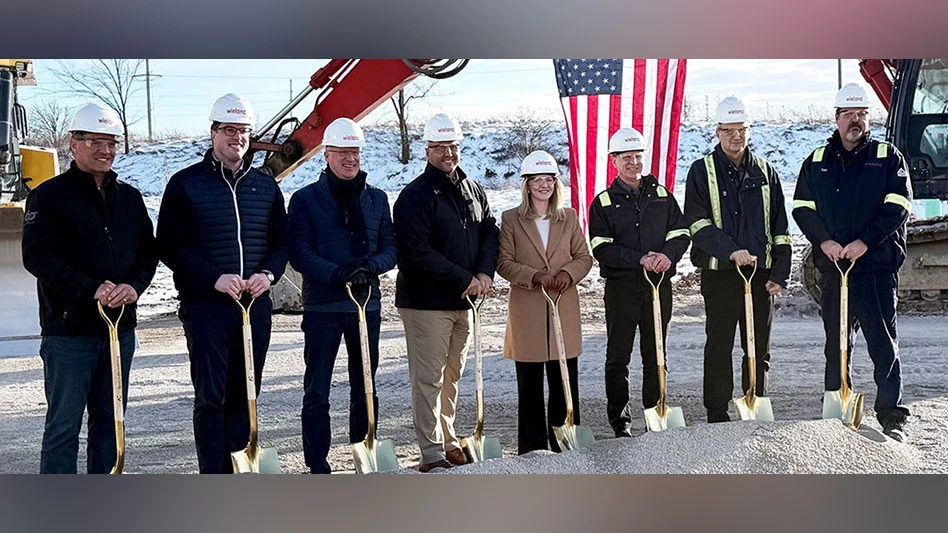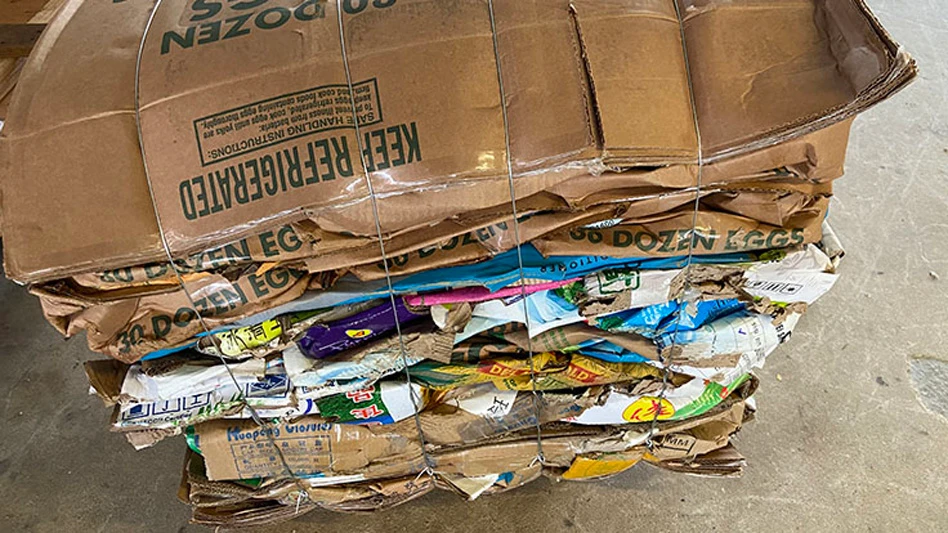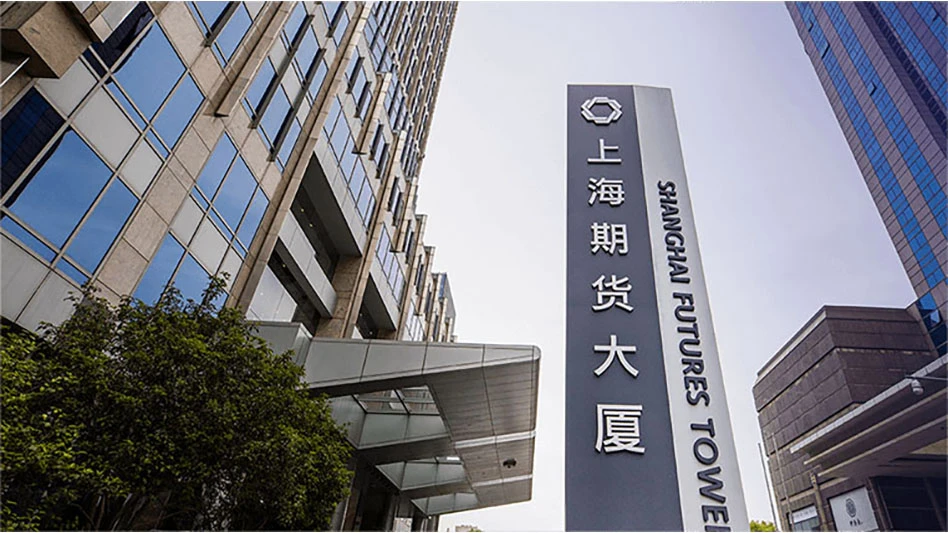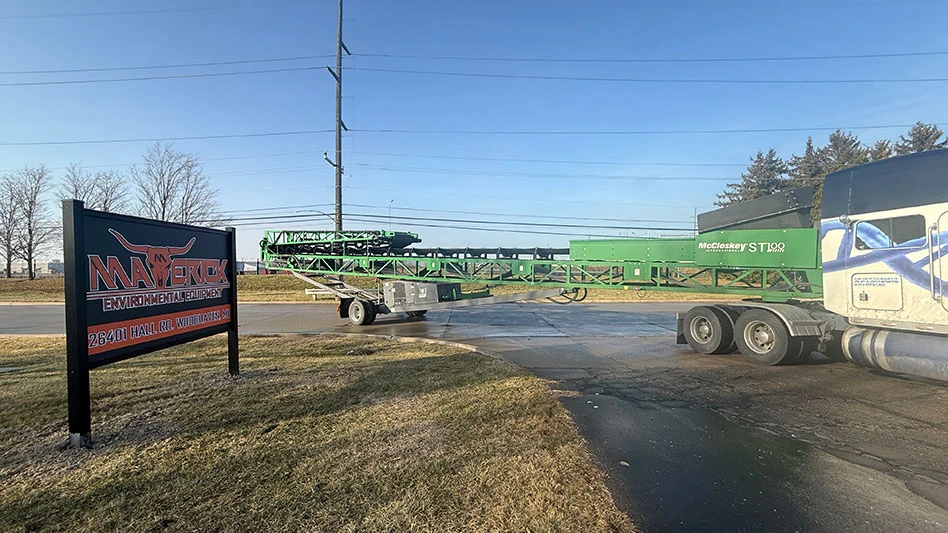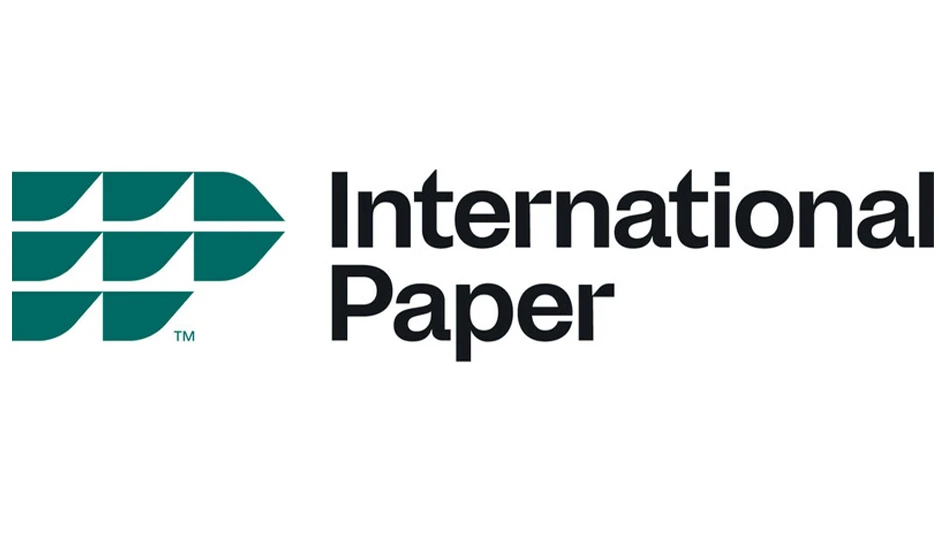
Photo courtesy of ArcelorMittal
Luxembourg-based steelmaker ArcelorMittal says it will not move forward with previously announced plans to install direct-reduced iron (DRI) and electric arc furnace (EAF) production capacity in Bremen and Eisenhüttenstadt, Germany.
Regarding its stalled investments in Germany, the company says a lack of certainty makes it "impossible" to move forward with DRI-EAF plans in Bremen and Eisenhüttenstadt.
The steelmaker says the decision ties into an announcement made last November that it was unable to take final investment decisions on constructing new DRI-EAF assets in Europe, given that the policy, energy and market environments had not moved in a favorable direction.
At that time, reports indicated ArcelorMittal’s message was aimed at least in part to government agencies in France, where the firm previously had announced BOF-to-EAF decarbonization-related conversion projects at mills in ArcelorMittal sites in Dunkerque and Fos-sur-Mer, France.
This May, however, the company issued a statement confirming its intention to invest more than $1.3 billion in those two French cities to install recycled-content-heavy EAF production lines. At that time, ArcelorMittal said it had been working closely with the French government, whose leadership it described as “key in the defense of the steel industry in France and Europe.”
As in France, the German federal government has committed to more than $1 billion in financial assistance for the DRI and EAF projects. However, ArcelorMittal says its ArcelorMittal Germany business unit now has been obliged to formally notify the government that it cannot proceed with these investments given the realities of the market and the economics of low-carbon emissions steelmaking.
“In line with the company’s intention to take a phased approach to its decarbonization in Europe, the next step in Bremen and Eisenhüttenstadt will focus on detailed planning for the construction of electric arc furnaces, to be ready for a scenario in which there is a strong business case for EAF-based production in these sites," the company says.
“It is increasingly well-documented that there has been slower than expected progress on all aspects of the energy transition, including green hydrogen not yet being a viable fuel source and natural gas-based DRI production not being competitive as an interim solution.”
The company also says the European steel market is “under unprecedented pressure," with weak demand and high levels of imports.
ArcelorMittal says the European Commission (EC) and the governments of nations in Europe can support the sustainability of steelmaking in Europe in part by curtailing the high level of imports entering the European market in a market of otherwise weak demand.
The company also decries the cost of electricity in Germany and encourages the EC to examine the genuine effectiveness of new instruments designed to support the transition of hard-to-abate sectors, including the Carbon Border Adjustment Mechanism (CBAM).
“The first new EAFs will be in countries that are able to provide visibility and certainty on low-cost electricity, and ArcelorMittal announced in May its intention to build the next EAF in Dunkerque, France," ArcelorMittal says regarding the notion of restarting projects in Germany.
“We appreciate the financing offered by the federal government of Germany and the state of Bremen as well as the support of the state of Brandenburg for this project," ArcelorMittal Europe CEO Geert van Poelvoorde says. "But even with the financial support, the business case for moving ahead with this transformation is not strong enough, which shows the scale of the challenge.
“The high levels of imports are a major concern. We need imports for flat products to be limited to 15 percent, which means a reduction of around 50 percent compared with what we are seeing today.”
In a separate move affecting its European operations, ArcelorMittal has sold ArcelorMittal Zenica, a blast furnace/BOF steel plant, and ArcelorMittal Prijedor, an iron ore mining business that supplies that mill, to the Bosnia-based Pavgord Group.
The transaction is expected to close in the third quarter of this year, subject to regulatory approval. In the meantime, ArcelorMittal says the Bosnian facilities will continue as usual, with the full support of the local management team and the company leadership team.
“ArcelorMittal acknowledges the support of the government of Bosnia and Herzegovina and the government of the Federation and Republika Srpska during the 21 years that the company has been operating in the country,” says Sanjay Samaddar, vice president at ArcelorMittal Europe.
“We believe the company will continue to be a major contributor to the economy of Bosnia and Herzegovina. We thank all our employees at ArcelorMittal Zenica and ArcelorMittal Prijedor for their hard work and passionate engagement during all these years and wish them all the best for the future, as well as to Pavgord Group in this new phase.”
Latest from Recycling Today
- Cyclic Materials announces plans for South Carolina campus
- WM reports revenue, earnings growth in Q4 and full-year 2025
- Solarcycle’s Cedartown, Georgia, recycling facility opens
- Stadler equips Spanish MRF
- SSAB finishes 2025 with decreased revenue
- Vecoplan appoints CFO
- Aurubis raises full-year forecast
- Levitated Metals adds LIBS sorting technology

